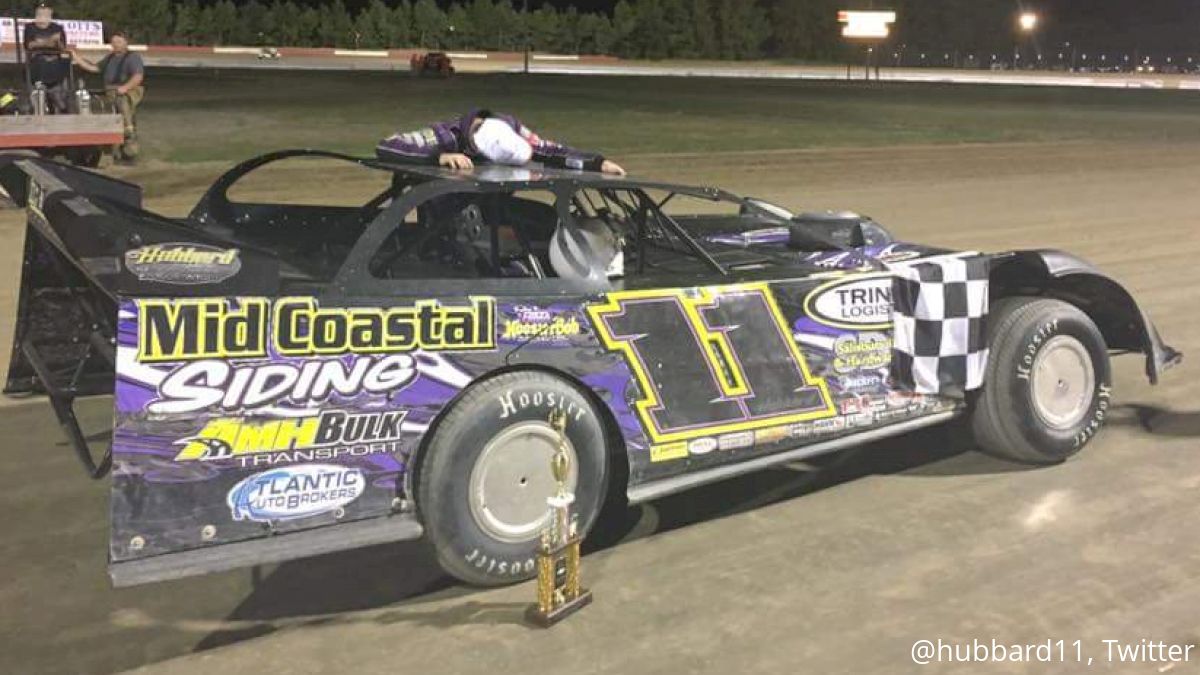Has The Time Come For A Drivers Council?
Has The Time Come For A Drivers Council?
The landscape in Late Models is much different today than it was in the late 1960s for NASCAR, which begs the question if it is time for a driver’s council.

By Jonathon Masters
The year was 1969 and NASCAR’s biggest stars — led by Richard Petty — formed an alliance of drivers known as the Professional Drivers Association.
The group’s first big move was a boycott of the inaugural race at The Talladega SuperSpeedway. They cited safety concerns as the reason for the embargo. The boycott proceeded and 40 teams left the speedway. Former NASCAR president “Big Bill” France filled the field with teams from his organization's other divisions.
The association was short-lived though, and by Martinsville the next week all teams were back on the track.
The biggest problem drivers and teams faced with the boycott of NASCAR events is that the sanctioning body owned the only major sandbox. If you didn’t want to bring your toys to play in it, the organization would find more kids. In touring dirt racing that same issue does not apply. Every weekend most drivers have several options of big events they can attend. The various series and promoters compete for teams and drivers as much as drivers compete with each other for the win.
It’s an entirely different playing field.
The situation is further fueled by some drivers and team owners being unhappy about rules changes, rising costs, and political factors that currently control dirt racing in the United States and Canada. The underlying discourse has caused some drivers and team owners to question if it may be time to group together and form a drivers alliance or unionized entity in the sport.
One of the things drivers would like to have a say in when it comes to the sport as a whole is the purse structure of major events.
Maryland’s Austin Hubbard thinks a bigger say in the way purses are distributed could benefit the sport as a whole.
“You go to some of these larger events and the way the purse if structure makes the entire weekend a net loss for a team unless you win or finish second,” Hubbard said. “Having a bigger and united voice in the way things are done can only help us drivers keep the sport going. As long as we can make statements united and some of the louder voices don’t drown out the rest of us, I think it’s something that could help the sport as a whole.”
One driver who is caught in the crosshairs between being a racer and promoter is North Carolina’s Ray Cook. He not only has a Hall of Fame driving career but also owns and operates the Southern Nationals and Spring Nationals series.
Cook offers a different perspective on the idea of driver councils.
“I think it would be a good deal for the sport and I would support it however I could," he said. "I just don’t think it could ever get off the ground. The problem you have is too many people have their own agendas and won’t do anything to jeopardize checks from manufacturers. A lot of these track promoters have deals with certain manufacturers and it would take a lot to get them to budge on the rules’ front.”
Cook also talked about the regional problems with a “united” voice from the drivers: “The racing in one area in the country is completely different from another. You may have something the drivers think is an issue of importance in one place that is completely the opposite in another region.”
A driver that knows the challenges that face regional racers is Iowa’s Curt Martin. He has been a standout in the Iowa area for the past three decades.
“I think something has got to change,” Martin said. “We did something like that years ago up here, and I think it saved racing for us here in the '80s. Car counts were getting low and a bunch of us got together and worked on tire and motor rules. Car counts went up and we were able to get racing rolling good here again.”
When questioned if a national driver council would work even though different regions have different agendas, Martin offered a vote of confidence.
“I there is enough universal problems that need to be solved,” he said. “A lot of the problems like the aero dependency of today’s cars isn’t exclusive to any region. It’s something we can all work on together. The tire rules might be different from one area to another, but there are still things that a unified voice could help with.”
- Jonathon Masters has a lifelong connection with dirt racing. His family has owned and operated MasterSbilt Race Cars manufacturing dirt late model chassis for 35 years. He attended college in North Carolina for motor sports management and has written for various industry publications. Jonathon was an account executive at The International Motorsports Industry Show, founder of the Heartland Auto Racing Show, and has been a racing industry professional for over a decade.
Weekly Columns by Jonathon Masters
Drivers Weigh In About The Scales
What Do Drivers Make? | What Should Drivers Make?
Aggressive Driving Equals Big Wins
What the World 100 Will Cost You
Getting Beyond The Hype
How Dirt Track Racing Gets Sponsorship Wrong, Part 1: Tracks & Series | Part 2: Drivers & Teams